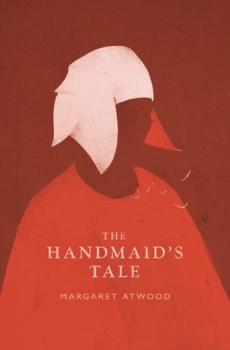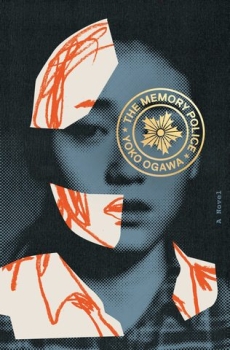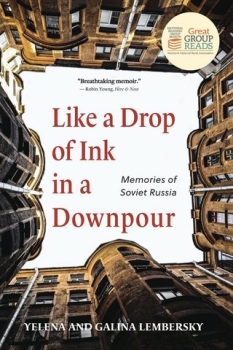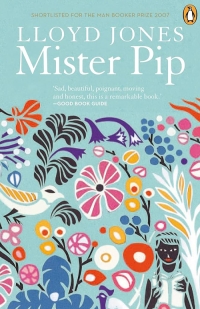
Mister Pip by Lloyd Jones
Mister Pip offers a compelling examination of the transformative power of literature amid sociopolitical upheaval. Set against the backdrop of civil conflict on a remote Pacific island, the novel centers on thirteen-year-old Matilda, a young girl coming of age as her community grapples with displacement, loss, and uncertainty. In the absence of formal structures and with most adults having fled, the enigmatic Mr. Watts—an outsider and the island’s last remaining white inhabitant—assumes the role of teacher. Introducing the children to Charles Dickens’s Great Expectations, he provides not only an education but a vital imaginative refuge. For Matilda, the narrative of Pip becomes a lens through which to process her own experiences and aspirations.
Lloyd Jones’s novel interrogates the intersections of colonial legacy, cultural hybridity, and the resilience of narrative. It underscores how literature can serve both as a means of personal survival and as a tool for constructing meaning in fractured contexts. Mister Pip invites critical engagement with themes of identity, memory, authorship, and the ethical stakes of storytelling, making it a rich text for discussions in postcolonial studies, comparative literature, and education in crisis settings.
The book club is hosted at the Tempe Public Library, convened by Keith Brown. [email protected]. For the latest book club meeting register at: tempepubliclibrary.org and click Event Calendar.
Some key discussion questions
- What is the significance of Mr. Watts being the last remaining white man on the island, and how does his racial and cultural identity shape his role as both outsider and educator within the postcolonial context of the novel?
- Why does Matilda inscribe Pip’s name alongside her family’s in the sand, and how does this act provoke tension with her mother? How does this moment illustrate the broader ideological conflict between local tradition and imported narratives?
- How do Mr. Watts’s symbolic gestures—such as pulling his wife in a cart and donning a red clown nose—function as performative acts within a fractured community? What layered meanings might these acts carry in relation to dignity, care, and theatricality?
- In what ways does Dolores’s story of her mother’s braids operate as a counter-narrative to Mr. Watts’s teaching? How does this anecdote reveal underlying tensions between oral tradition, spiritual authority, and colonial forms of knowledge transmission?
- How do the classroom contributions of the village mothers challenge or complicate Mr. Watts’s curriculum? What do these moments suggest about the nature of communal knowledge, and how might they inform alternative models of education in crisis-affected settings?
- How does the novel engage with questions of racial and cultural identity through character interactions and self-perceptions? In what ways do these dynamics inform the narrative’s exploration of belonging, hybridity, and personal transformation?
- How does Great Expectations serve as a psychological and imaginative resource for both Matilda and Mr. Watts? In what ways does Dickens’s novel mediate personal trauma and offer a framework for resilience and self-redefinition in Mister Pip?
Selected reviews and interviews
Kirkus Reviews Mister Pip
In-depth review (We Need to Talk About Books)
Author interview – Academy of New Zealand Literature
Audio interview – ABC Radio National BooksPlus
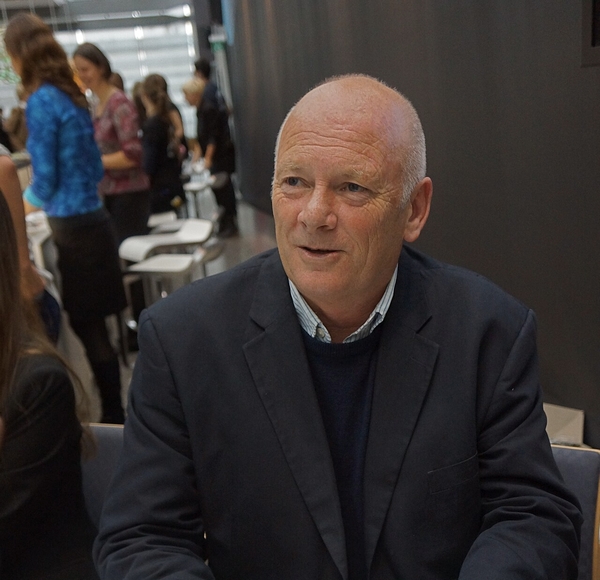
Lloyd Jones (born 1955) is a New Zealand author best known for his internationally acclaimed novel Mister Pip. Raised in Lower Hutt, near Wellington, Jones studied political science at Victoria University before beginning a career in journalism and fiction writing. His earlier works include novels, short stories, and children's books, but Mister Pip (2006) marked a breakthrough, earning the Commonwealth Writers’ Prize and a shortlist nomination for the Booker Prize.
Inspired by the Bougainville Civil War, Mister Pip engages themes of colonialism, narrative identity, and the power of literature. Jones has also written memoir and travel writing, and his work often explores memory, displacement, and the boundaries between fiction and truth.

